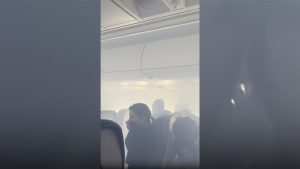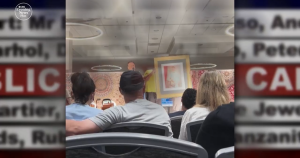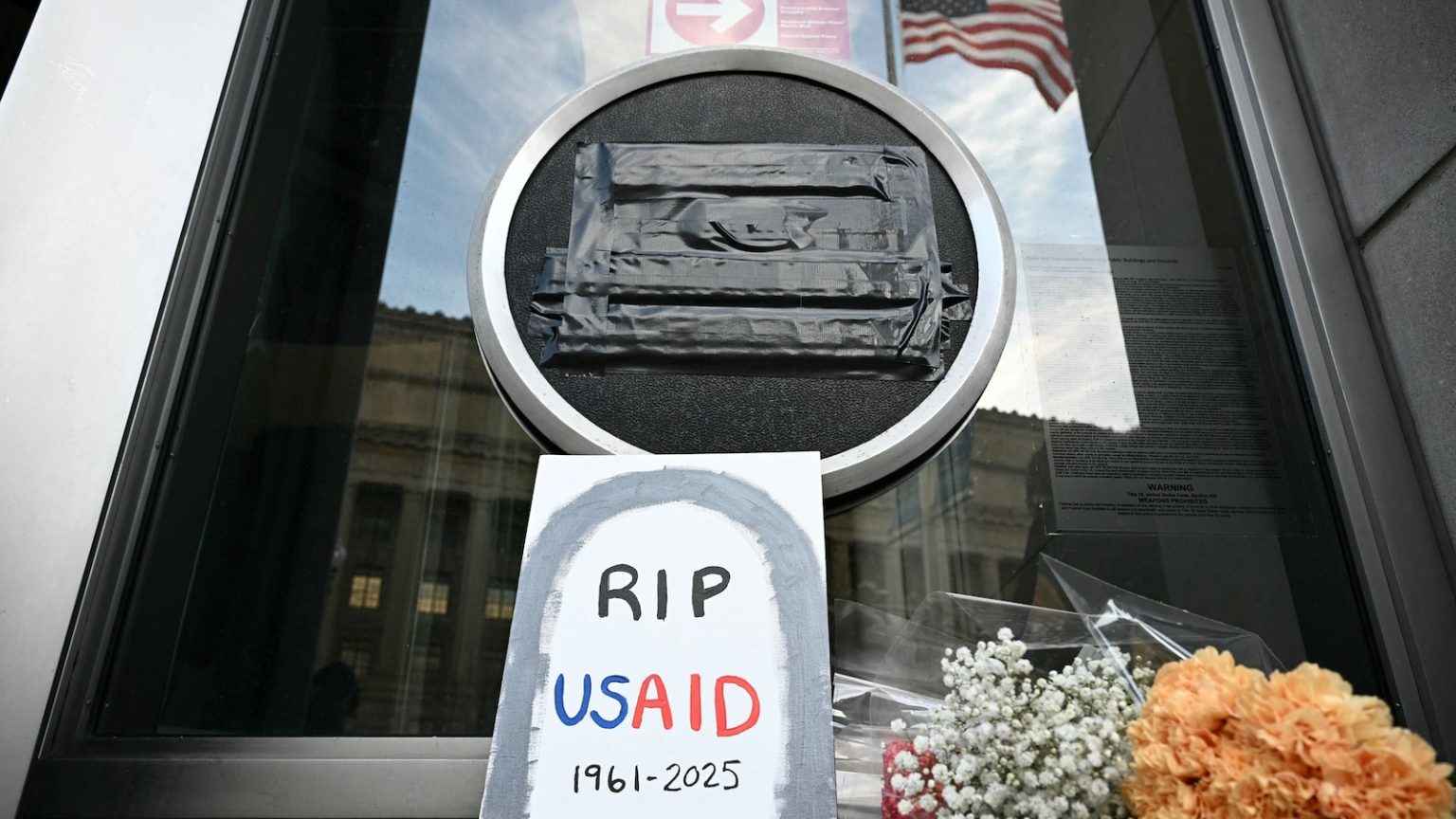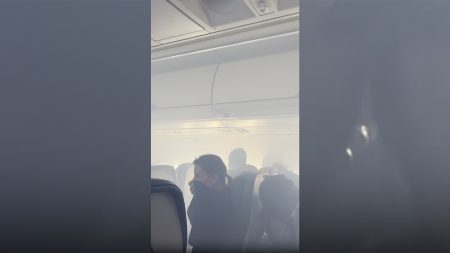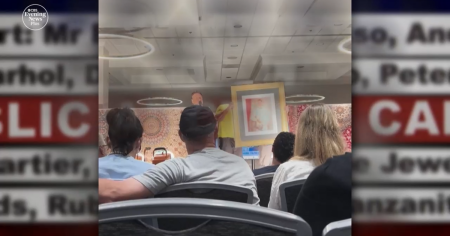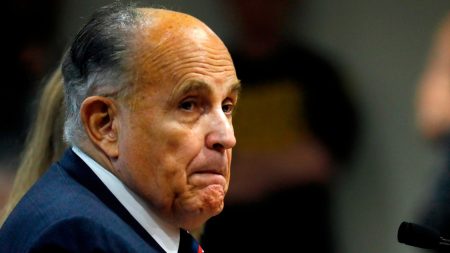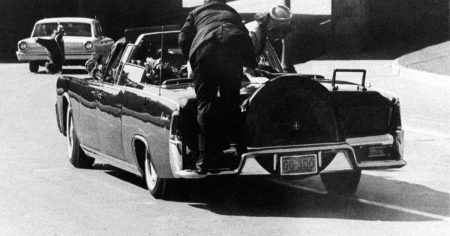The Private Meeting: A Gathering of Concerns
In a private meeting held at the State Department, Pete Marocco, a key official in the Trump administration, addressed various aid groups, foreign embassies, and industry representatives. The meeting began with Marocco’s request for everyone to stand for the Pledge of Allegiance, setting a formal tone. The attendees were primarily concerned about the future of foreign aid, given the administration’s recent freeze and the dismantling of USAID. Marocco used this platform to outline the administration’s plans, emphasizing a zero-based review of foreign aid and the need for radical changes in certain areas.
Marocco’s Defense of the Administration’s Approach
Marocco defended the administration’s stance, suggesting that some foreign aid areas required significant overhauls. He referred to "nefarious actors" within agencies attempting to push through illegal payments, which he claimed his team had halted. Despite the initial assurances that payments would resume the following Tuesday, many groups reported no progress, exacerbating their financial struggles. This lack of resolution left numerous aid organizations on the brink of bankruptcy, prompting some to escalate legal actions against the administration.
Payment Issues and Their Impact on Aid Groups
The freezing of funds led to severe operational challenges for aid groups, many of whom had to resort to using private funds to continue their U.S.-funded programs. Edward Brown of World Vision highlighted the financial strain, noting the inability to secure overdue payments. Marocco’s response indicated that the administration was seizing control of the payment system, but the resumption of payments remained inconsistent and slow. This uncertainty forced many organizations to deplete their resources, questioning their ability to continue operations without federal support.
A Tense Exchange on Reimbursement and Legitimacy
During the meeting, a tense exchange occurred regarding the reimbursement of pre-freeze expenses. A Democratic Senate staffer pressed Marocco for clarity, but Marocco refrained from guaranteeing reimbursements, emphasizing that only "legitimate expenses," as per the administration’s definition, would be considered. This ambiguity added to the anxiety of aid groups, many of whom had incurred significant costs before the freeze. Marocco’s stance underscored a potential shift in how foreign aid expenses would be evaluated under the new administration.
Overhauling Foreign Aid: A New Vision for USAID
Marocco painted a grim picture of U.S. foreign aid, characterizing it as a system mired in dependency and inefficiency. He advocated for a comprehensive reform, indicating that the administration’s review would extend beyond USAID to include other federal agencies. The new aid structure would align closely with Trump’s foreign policy objectives, prioritizing national security and influence. Marocco urged aid groups to justify their programs, suggesting they should appeal to everyday Americans, thereby ensuring that aid aligns with administration goals.
Legal and Political Backlash Against the Freeze
The administration’s actions sparked significant legal and political backlash. Aid groups challenged the freeze in court, arguing it caused catastrophic harm to their operations. Despite a federal judge’s temporary restraining order, the administration continued the freeze, leading to further legal battles. Congressman Don Beyer criticized the dismantling of USAID as illegal without congressional approval. The controversy highlighted the broader debate over foreign aid’s role in U.S. policy and the administration’s approach to restructuring it.
